If you are like most people, you probably take your water for granted. You turn on the tap and out comes water- clean, refreshing, and ready to drink. But what if that wasn’t the case? What if your water was cloudy, full of sediment, or had an unpleasant taste or odor? That’s where well water filtration systems come in.
In this blog post, we will discuss where to find the highest-rated whole house water filter for wells for your needs. We’ll cover everything from understanding your water quality to choosing the right type of filter. So whether you are dealing with murky water or just want to improve the taste and smell, read on for tips on how to find the perfect well water filtration system for your home.
Start By Having Your Water Tested
The first step is to understand your water quality. Depending on the source of your water, there could be a variety of contaminants present. The best way to determine what’s in your water is to have it tested by a professional. Once you know what you’re dealing with, you can start shopping for a well water filtration system that is specifically designed to remove those contaminants.
Also, if you didn’t know, private well owners are responsible for testing their water and the EPA suggests having your water tested annually.
There are a few different types of water tests that you can have done. A basic test will check for things like bacteria, pH levels, and chlorine levels. If you want a more comprehensive analysis, you can opt for a water quality test kit that will screen for over 200 different contaminants. These kits are available online and at most hardware stores.
Choose the Right Type of Filter
Now that you know what’s in your water, you can start looking for a well water filtration system that will remove those contaminants. There are a few different types of filters to choose from, each with its own advantages and disadvantages.
- Point-of-entry (POE) filters are installed at the main water line, so they treat all the water coming into your home. This is a good option if you have a large home or if you want to make sure all your appliances and plumbing fixtures are protected from contaminants.
- Point-of-use (POU) filters are installed at individual faucets or appliances. This is a good option if you only want to filter the water that you drink or use for cooking. POU filters are also less expensive than POE filters and are easier to install.
- Reverse osmosis (RO) systems are a type of POU filter that uses pressure to force water through a semipermeable membrane. This removes a wide range of contaminants, including dissolved minerals, bacteria, and viruses. RO systems can be expensive to install and maintain, but they are very effective at filtering water.
- Ultraviolet (UV) light systems use UV rays to destroy bacteria and viruses. This is a good option if you are concerned about microorganisms in your water. UV systems are typically used in conjunction with another type of filtration system, such as an RO system.
Now that you know the different types of well water filtration systems available, it’s time to choose the right one for your needs. Consider the contaminants in your water, your budget, and your lifestyle when making your decision.
Keep Your Filter System Maintained
Once you have installed your well water filtration system, it’s important to keep it maintained. This means changing the filters regularly and keeping an eye out for any leaks or other problems. Most filter systems come with instructions on how often the filters need to be changed.
It’s also a good idea to have your water tested periodically to make sure the filtration system is still working properly. This is especially important if you notice any changes in your water quality, such as an unusual taste or smell.
Common Types of Contaminants Found in Well Water
Iron, Sulfur, and Manganese are often what well owners run into with their well water. These minerals can cause staining on plumbing fixtures, clothing and laundry. They can also give your water an unpleasant taste or smell.
Bacteria and viruses are other common contaminants found in well water. While most bacteria are harmless, some can cause serious illness. Viruses are even more dangerous and can cause severe sickness or death.
Chlorine is often used to disinfect well water, but it can also be a contaminant. Chlorine can cause skin irritation and dryness, and it can also damage hair and clothing.
Heavy metals, such as lead and copper, can also be found in well water. These contaminants can cause serious health problems, including brain damage, kidney disease, and cancer.
In Summary
If you have a private well, it’s important to test your water regularly and install a well water filtration system if necessary. There are a variety of different types of well water filtration systems available, so choose the right one for your needs. Be sure to maintain your system by changing the filters regularly and having your water tested periodically.


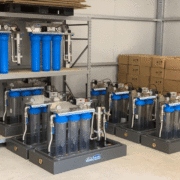
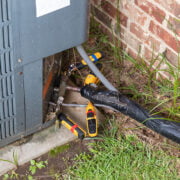


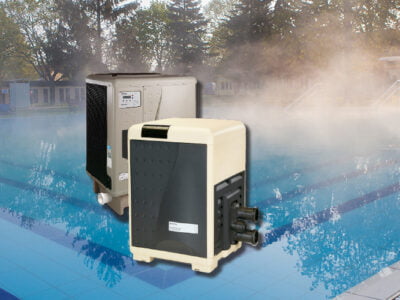

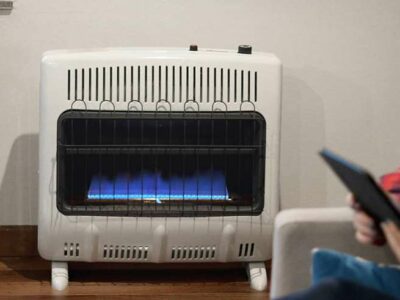
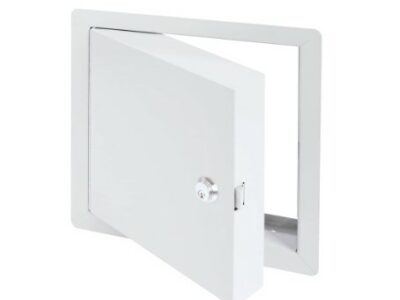
Comments